What if this was easy?
Trusting the call of ease
Every month, I meet with my spiritual director and somatic coach, Hailey. When I talk about her, I usually just say “my therapist” to avoid explaining what a spiritual director/somatic coach is. Basically, I spend an hour sharing life’s weighty questions, and Hailey offers wisdom and practices that shift things in me and the world.
Oftentimes, she’ll say something insightful, and I’ll nod as if I get it — even though I don’t. Whenever I’ve contemplated a decision in the last few years, Hailey would say some woo-woo thing about “following the ease.” I’d respond, “Okay, will do,” thinking I understood.
Our conversations mostly revolve around a calling toward social change and the complications that come with that. I hand her my baggage of having spent six years in higher ed writing essays on answering my “calling.”
I often worry that if I choose the wrong direction, I’ll be swallowed by a whale for running away from the calling of righteousness.
Particularly in my learning community, the call to move abroad and serve people in desperate situations was put on a pedestal. It’s a high calling because it’s a hard calling. Those who were called endured separation from their communities, political and social persecution, a world without air conditioning, and decades-worth of diarrhea.
I internalized the passing words of an American colleague in West Africa: “If you can do it, you probably should do it, because most people can’t.”
Since I could do this thing that seemed difficult for others, I felt that I must, and that I must do the most difficult thing I could manage to do, and that through the bearing of this cross I would please God and perhaps impress man.
Since Covid-19 upended my narrow road to a life in the Sahara Desert, I’ve wrestled with where to focus my efforts: my Nashville neighborhood or faraway African villages.
For a while, my answer was: both.
I’ve spent a lot of my life working toward poverty alleviation in the Global South. I’ve managed programs in 17 countries, lived in one, and continue to be deeply invested in that work.
But I’m also passionate about justice in my local community — immigrant rights, prison abolition, fair wages, and more. My job description evolved to include direct involvement in my community, teaching employment skills to students with legal trouble.
And I loved it. I love the students that I’ve gotten to work with, the programs I’ve gotten to design for them, and the impact that I see it having.
I don’t think we have to choose which causes matter most. It’s a both-and question. We can want a good life for the people who live across the street and across the world.
I am passionate about both, I love both, I am relatively good at both, and I find both to be meaningful. But I am dropping the ball on both because I can’t do both forever.
And so I have been torn: which calling do I follow?
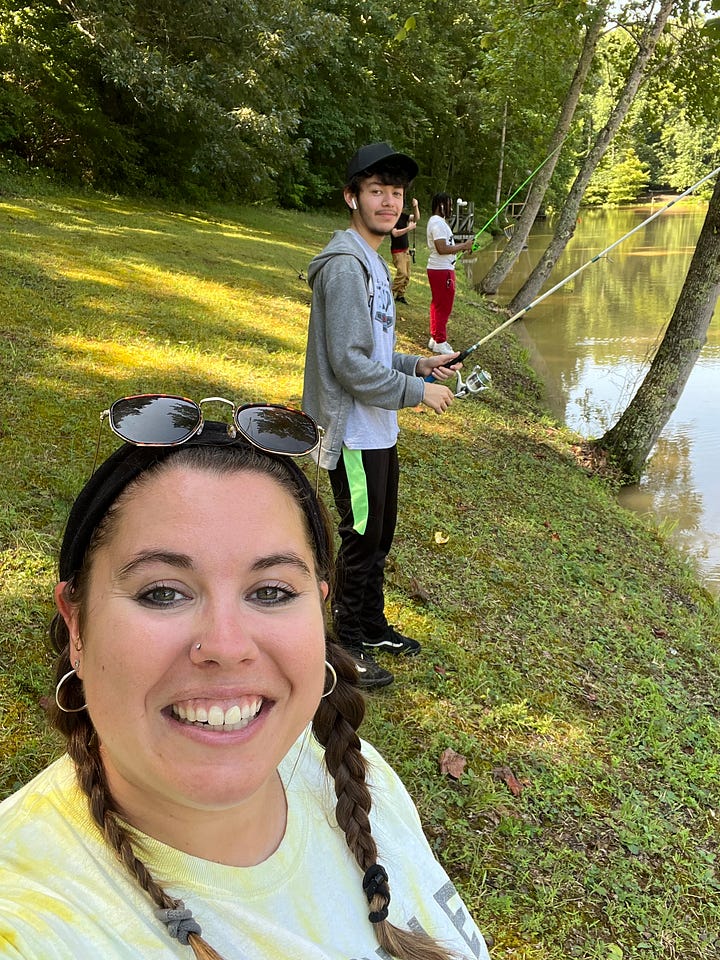
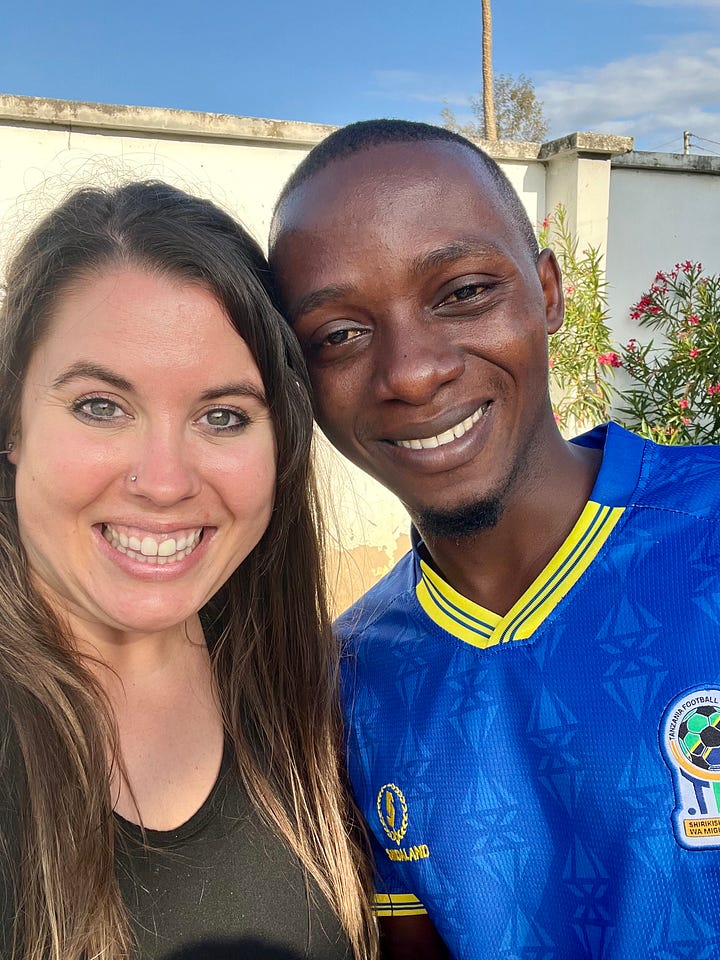
In May, we made it to my students’ graduation. They finished their certificate programs, earned their diplomas, and accepted their job offers.
It was an amazing journey to be a part of. Their interviews were so affirming, hearing them name all the changes they noticed in themselves, and telling them the growth I noticed in them. I was in awe of what I had witnessed over the year, recognizing that the sum really was greater than the parts of this program.
But all of those little parts had taken a toll. For a year, I was in class three days a week with students who, while sometimes delightful, also presented unique and bewildering challenges. Teaching was pushing, if not far surpassing, the edges of my skill set. It was informal and lacked structure. I was writing the curriculum and making the lessons as I was going. I was driving kids all over town. Not to mention that this was a very small part of my job description. I was so proud and so exhausted.
Two fast weeks later I was on a flight to Kenya.
That trip was a little chaotic. We rarely stayed in one place for more than a night. Vehicles ran hours late. Hotels were missing luxuries like drinking water or doorknobs. Every conversation uncovered another unsolvable problem. I unexpectedly ran out of clean underwear.
And yet, everything seemed just a little easier. I could take agenda changes in stride, the alarming conditions of our hotels were humorous anecdotes for the next day, and I found unconventional ways to dry my shower-washed underwear. (Though it’s possible I had a bad attitude about some rooming situations that my colleagues could hold me accountable for.)
Despite all of the many heavy problems, I didn’t feel weighed down by them. I felt energized to find a path forward, experiment with a solution, or just be present to carry the weight with someone else. I didn’t feel exhausted or emotionally on edge, just grateful to be a part of another amazing thing.
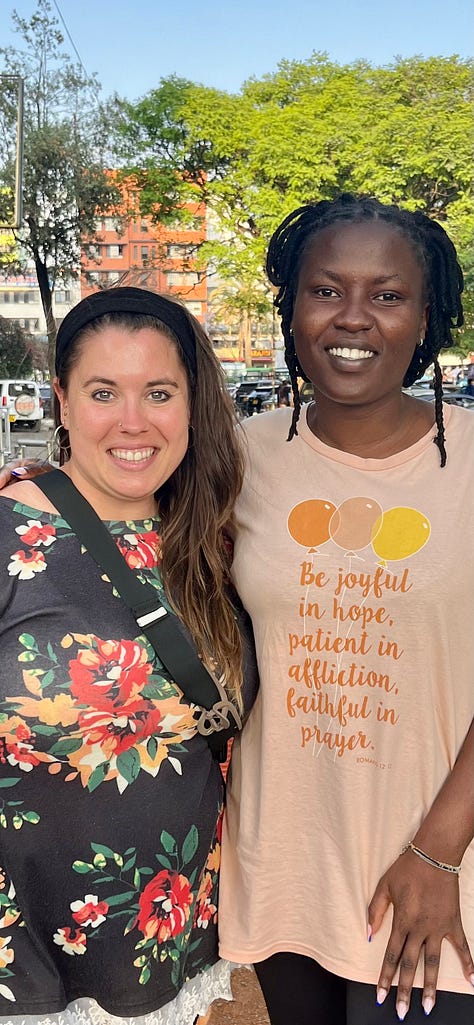

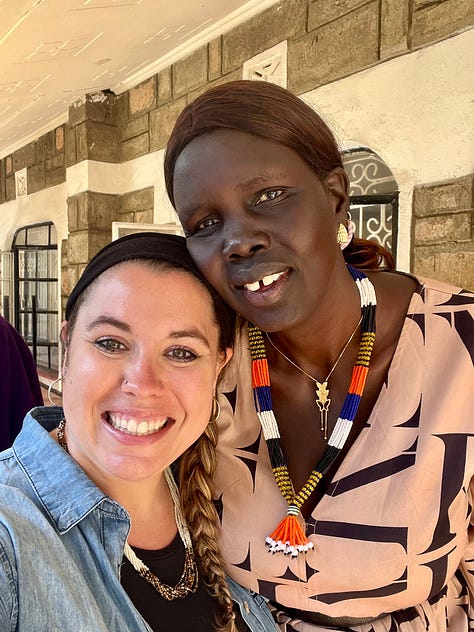
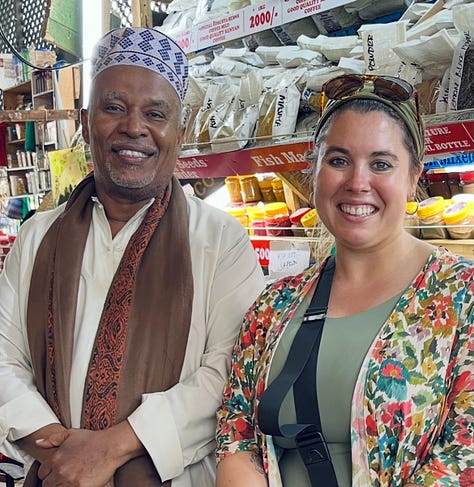
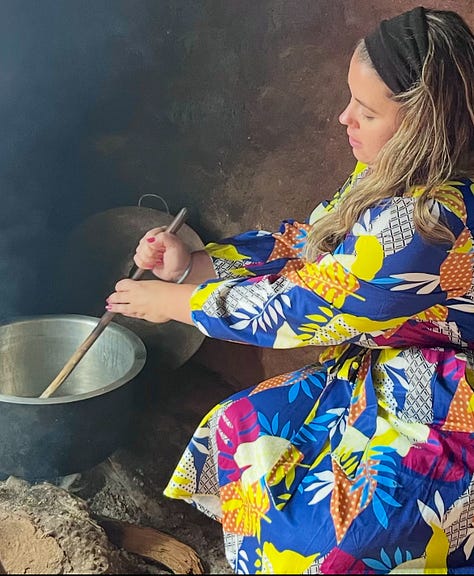
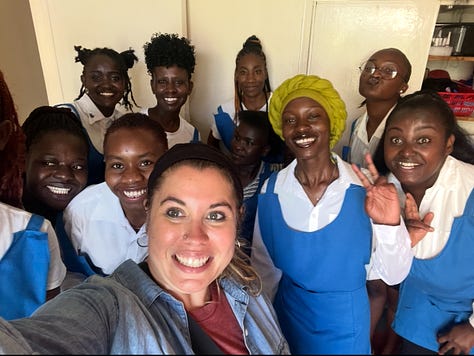
Toward the end of my trip I was on a train journaling about my travels. A month had passed since I was running around like a chicken with its head cut off at a graduation ceremony I wasn’t even responsible for. Suddenly everything Hailey had been yammering about “following the ease” finally clicked with me.
I realized that there is a difference in loving something, feeling passionately about something, or being good at something, and finding ease in something.
I believe this is a wide truth. It can be true for causes, workplaces, communities, and relationships. You can be excited about a cause that you find no ease in volunteering for. You can do a job well that brings no ease to your life. You can love someone dearly and find little ease in their presence.
But some activities, work, and people feel like a breath of fresh air. There are activities that never bring me down, there is work that feels empowering, and there are relationships where I can easily show up as my whole self.
In a world that is heavy, we can trust the goodness of the things that lighten our load. We can bring light into our lives by centering lightness.
I don’t mean to say that I will just refuse to do anything that doesn’t bring ease. Some seasons, relationships, and tasks are an inevitable, if not enjoyable and beautiful, parts of life. But I don’t think it’s sustainable for these to be the primary focus of our lives for the long haul — or our calling. We relieve unease with the tasks, hobbies, people, and experiences that restore us because they’re in alignment with our whole being.
Ease can guide how I choose long-term commitments, where I direct energy, and who I build my life around. And I can release a need for control because I trust that someone else will find a lot of ease in my areas of dis-ease.
When we are all trusting our ease, the load becomes lighter for everyone.
My students have been one of the best parts of my last year, and yet I know I don’t have the capacity to spend the rest of my life in that space. Someone out there will find great ease working with these students, and one day that person will replace me, and students will benefit immensely from that. And until then I get the immense privilege of having them bless my life and ranting about them to my roommate.
But finding ease doesn’t mean everything is easy. The path of least resistance isn’t a path with no resistance. When I think about my own circumstances, I don’t mean to imply that anything related to intercultural work alleviating abject generational poverty is particularly light and breezy.
But this is a dis-ease that I choose. It comes from the suffering and injustice in the world, not from anxiety or stress rising from within me. There’s deep grief and complexity in this work — but it’s a grief that fuels me forward, not one that drives me to despair.
I assume it’s like those brainwashed people who say they like running or farmers who are tilling soil all day. It’s pain we choose for something that makes us feel more alive.
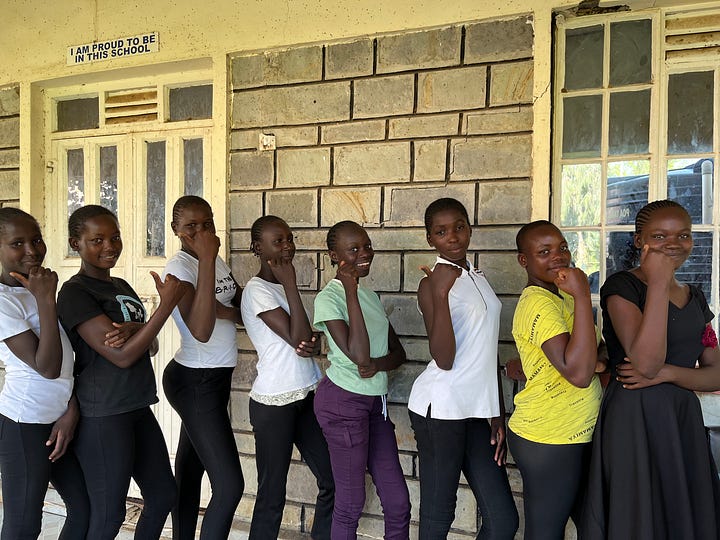
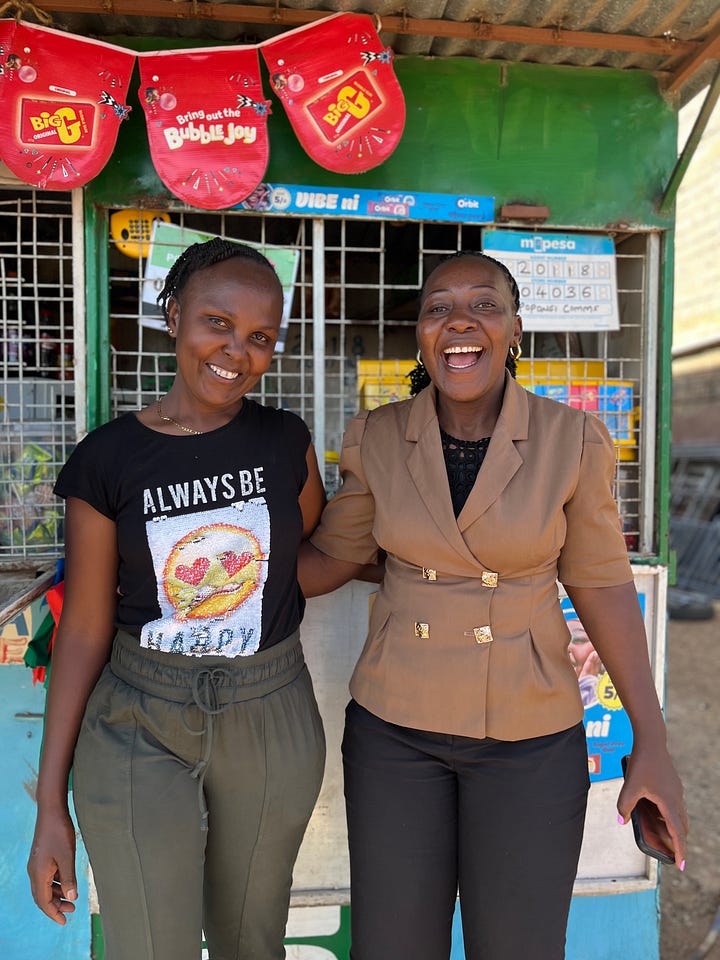
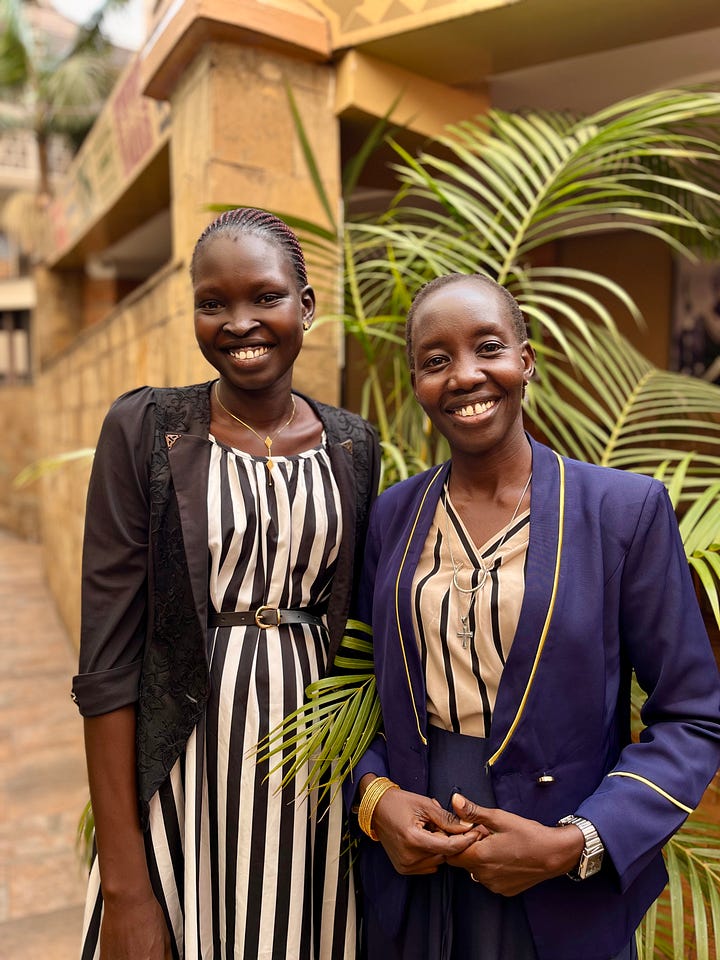
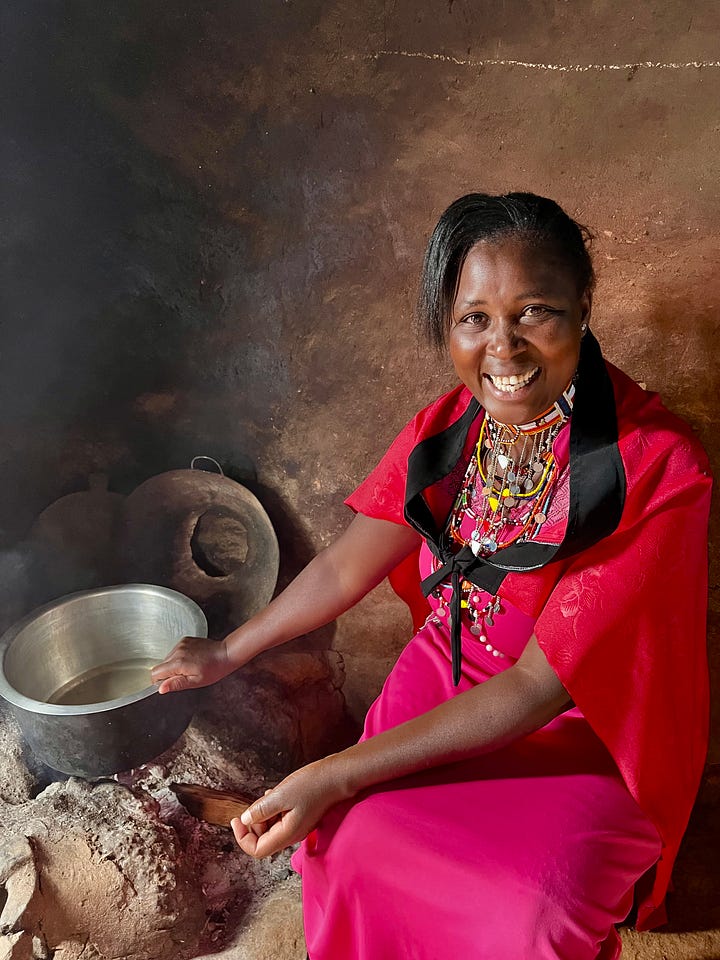
I used to believe growth came only through suffering — like that stock image of a plant breaking through concrete. But I don’t know if that’s always true.
Yes, plants can grow through hardship. But don’t they grow better in a jungle? In a forest? In a well-tended garden? Plants can endure hardship because they have to survive, but they gravitate toward real fruitfulness when the conditions are best for them. Growth comes naturally to them, with or without the pain. Why should we think we’re so different?
What if we don't need to suffer to grow? What if we grow best in the conditions that support us? What if the person we’re meant to be emerges when we’re doing what comes naturally? What if we’re already enough — and others are enough — and we can trust each other to do all the work that needs to be done?
This week, may you follow the ease. Or maybe just start to notice it.
May you bring ease to others.
And may we all help grow a world where becoming our best selves doesn’t require our suffering, but rather our solace.
If this post meant something to you, it would mean a lot to me if you would like, comment, share, or subscribe to my publication. This helps me know which content is encouraging and what can stay in my journals.
Thanks for being a part of my community of people loving the world for all that it is, and taking contemplative action toward what it could be.



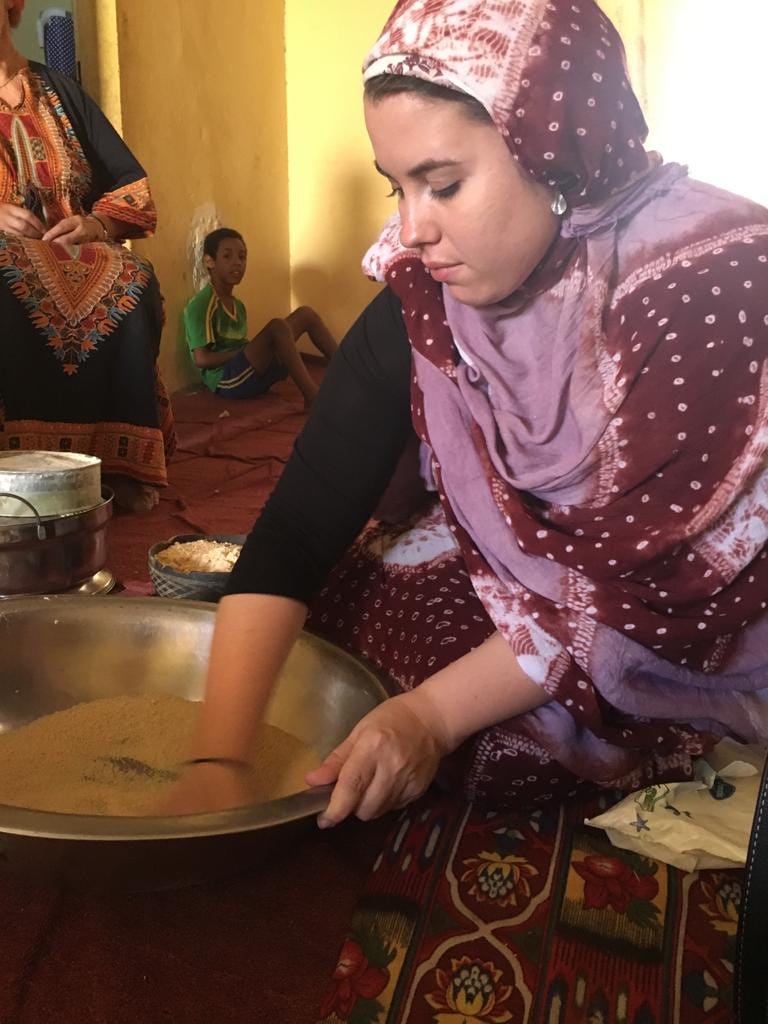


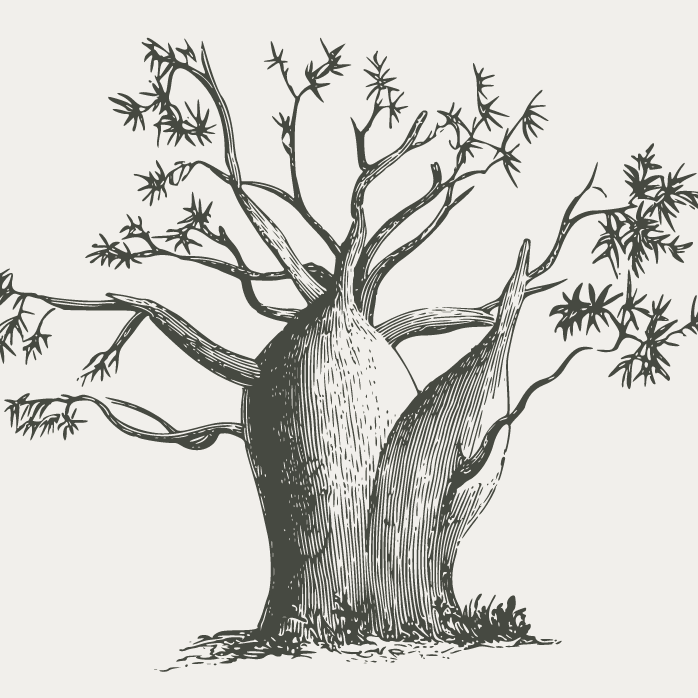
Beautiful insights! You are a blessing in my life.
Seems as if the wilds of Africa are your place of ease and where you will be concentrating your energies in the future. Once again, a very well-written piece of wisdom you have shared. That sense of ease is when we are where God has plans for us, although it might not be the only place and situation that works! Love you!